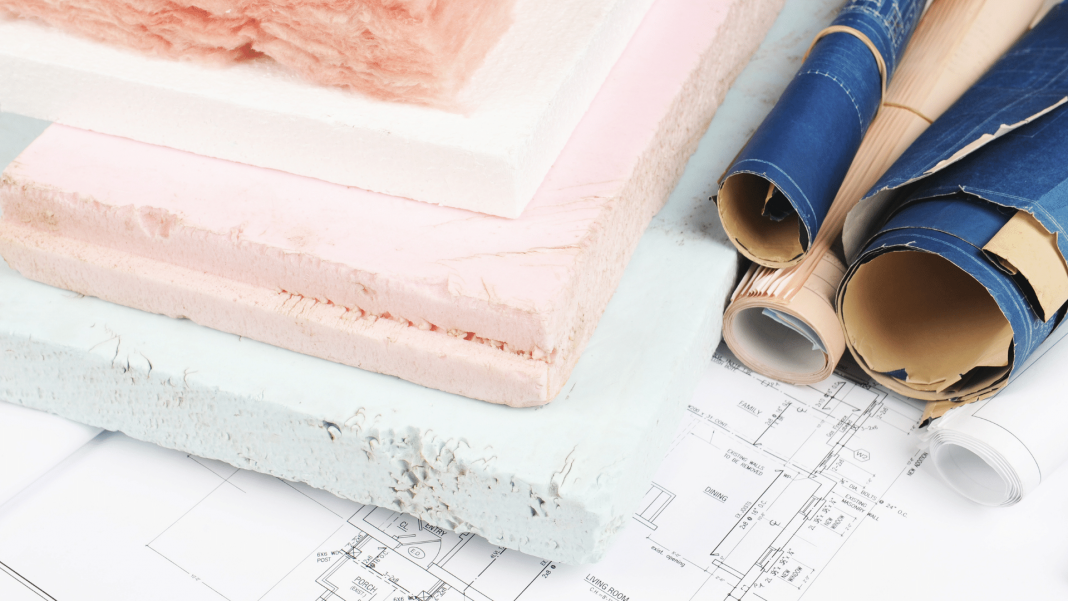As you build your property portfolio, it’s important to review your properties regularly to ensure you’re optimising your investment. Whether you are just buying an investment property, or have existing tenanted properties, you will need to assess whether to invest in renovations, or just to maintain the properties with minimum spend.
Renovations can be expensive, both in the cost of the actual work, and also the time it takes to renovate, during which you lose rental income. So before you decide to renovate, take time to work out whether the money spent will give you a return on investment, whether through an increased rental income, or a greater capital gain down the track.
Remember your market
Firstly remember that owning investment properties is different from owning your own home – the property does not have to be fitted out in the way that you would like to live. Instead, it should be in a condition that renters will want to live long term in, and the nicer it is, the more rent you can ask. Do your research to make sure you don’t overcapitalise – there will be a maximum rental value for every type of property in every location, no matter how appealing your property. If practical, attend some open homes in the area to check out your competition.
Having a well presented property does attract a higher standard of tenant, and can mean your tenants stay for longer periods, which does bring benefits over the long term. Happy tenants are more likely to look after your property and treat it like their own.
Budget vs returns
If your research tells you that you could charge more rent for a renovated property it’s time to work out how big a renovation job is involved. Of course extending a property by adding a bedroom or completely refitting a bathroom or kitchen will add value to renters and to your property’s capital value. But you may also be able to increase the rental value with much cheaper upgrades such as painting the property, new carpet or floors, new kitchen bench tops or replacing an old vanity unit or tap fittings within the bathroom. This will all depend on what condition the property is currently in – if it’s just a bit tired looking, some minor replacements and refreshes can make a big difference to your tenants, without a big expense.
When choosing new fixtures and fittings, you don’t have to opt for top of the range. A low to mid price option is sufficient to keep tenants happy, and will still qualify for depreciation over time. Remember to choose neutral colours and styles that will widen the appeal to tenants, allowing them to create their own style with furniture and soft furnishings.
Utilise your team
If your property has passed the point of ‘tired’ and needs major work to make it hospitable, a full renovation will allow you to bring it up to the required standard. A good property manager will be able to tell you exactly what is required, and to be able to recommend the appropriate trades people to do the work. Some can even manage the renovation for you (at a fee) which can be useful if you don’t live nearby. You can agree on a budget upfront and ask for regular updates.
General maintenance should be carried out often to ensure a safe and enjoyable home for your tenants, while reducing your risk of major repairs over time. Of course any major issue that causes health or safety risks to your tenants must be remedied immediately, but most renovations can wait for a time that is convenient, such as when tenants move out. Usually, you will have plenty of notice to be able to plan any renovations to take place as soon as the property becomes vacant, to ensure getting it back on the market as soon as possible.
Ultimately it’s a numbers game – will the increase in rent (or capital gain) cover the cost over time? Remember to discuss with your tax accountant to ensure you include tax costs / benefits in your calculations.
About the author
Debra Beck-Mewing is the Editor of the Property Portfolio Magazine and CEO of The Property Frontline. She has more than 20 years’ experience in buying property Australia-wide and has extensive experience in helping buyers use a range of strategies including renovating, granny flats, sub-division and development. Debra is a skilled property strategist, and a master in identifying tailored opportunities, homes and sourcing properties that have multiple uses. She is a Qualified Property Investment Advisor, licensed real estate agent and also holds a Bachelor of Commerce and Master of Business. As a passionate advocate for increasing transparency in the property and wealth industries, Debra is a popular speaker on these topics. She is also an author, podcast host, and participates on numerous committees including the Property Owners’ Association.
Follow us on facebook.com/ThePropertyFrontline for regular updates, or book in for a strategy session to discuss your property questions.
Disclaimer – This information is of a general nature only and does not constitute professional advice. We strongly recommend you seek your own professional advice in relation to your particular circumstances.










